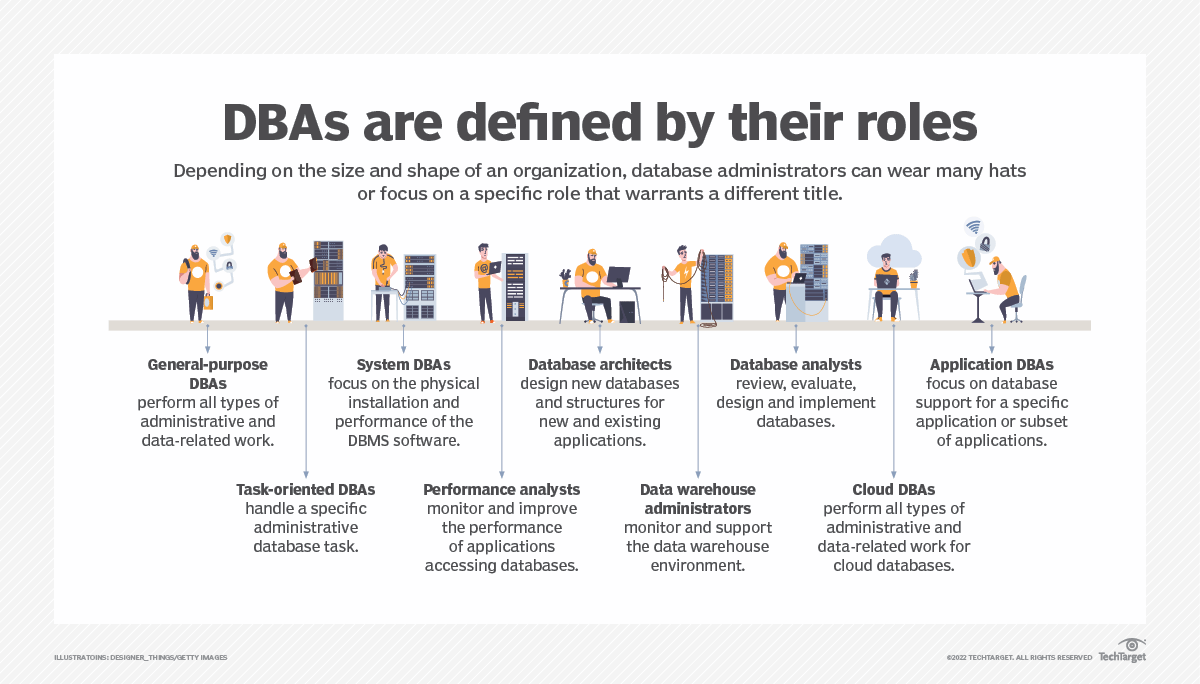
Announcements
- As cybersecurity risks evolve, it’s more important than ever for organizations to be aware of emerging threats and developments. In the four-day Combating Cyber Threats & Breach Prevention 2022 summit, leading security experts will share best-in-class strategies for keeping abreast of vulnerabilities, anticipating coming threats and baking security into a wide range of enterprise operations and applications. Register for free thought leadership from the world’s top speakers, vendors and evangelists via webinars, panel discussions, keynote presentations and webcam videos.
- Artificial intelligence and machine learning continue to create value streams across different industries and verticals. With significant challenges standing in the way of AI Integration, the three-day Machine Learning & Artificial Intelligence summit features free talks and presentations from industry experts to help successfully break through barriers and take your analytics strategy to the next level. Join live or on-demand to discover the advantages of incorporating advanced analytics into your business strategy, and learn exactly how to do it from the world’s leading BI experts.

You Are Your Business
When you first get out of college, whether you have a degree in Data Science or Computer Science, Digital Design or Ontology, your immediate goal should be to get a job, not so much to pay for the degree (though there’s always that) but to round out the academic period full of theory with the real world experiences of working on projects. For people entering a management track, it’s a good opportunity to get a feel for actually managing technical teams. It likely won’t be glamorous or terribly financially lucrative, but the first ten years of your career will almost certainly be spent working for other companies.
However, about ten years after you finish school or so, there’s a period where you should sit back and evaluate your career objectives. Your twenties are largely out of your control, but you should have your career firmly in hand by your thirties. This requires a shift in how you think about yourself, and it’s a shift that most companies prefer that you not take if they can help it: the point where you stop thinking of yourself as an employee and start thinking of yourself as a business.
This doesn’t mean going off and becoming a consultant or starting your own company, though those should certainly be options on the table. Instead, it means thinking about your career as something that’s directed rather than that happens spontaneously. This is especially difficult for technical people, who often are so focused on what’s in front of them that they go from project to project without thinking about whether pursuing those projects benefit them significantly.
Businesses generally prefer employee lock-in. Once an employee is within their orbit, a significant amount of business culture is focused on maintaining continuity. Employees, over time, tend not to ask for raises (or expect a fair market wage), especially when new workers are being hired in competitive areas. Good managers generally want to help their reports succeed in the business (with the ones being mentored eventually replacing the ones doing the mentoring as they move up the chain), but a few managers who have risen to the heights of their abilities see successful reports as being a threat.
This means, at some point, you will need to make a transition in your career (usually around the age of 30), at which point you need to ask yourself several key questions:
- Are you happy with the work that you are currently doing?
- Are you more interested in leading others or gaining increased specialization?
- What areas are you seeing in the industry that you feel you want to be a part of?
- Is your work for your present company leading you toward or away from that?
- Are you given enough autonomy to do what you need to do for your work?
- Are your primary needs met (compensation, work condition, etc.)?
- Is the work you’re doing going to provide any returns for the investment you’re putting into it?
- Are you stressed, with little to show for it?
- Are you developing a sufficient network to be able to achieve your goals?
These are questions that any good business owner will ask of their business. Most people, especially in the technical field, should be asking these questions regularly (I find it helpful to do so once a quarter or so). If you find yourself uncomfortable asking these questions, that’s usually a good indicator that you should ask them sooner rather than later. Moreover, it means you’re unhappy because you are not meeting your objectives.
Notice that compensation is very low on the list. Over the years, I have gone after work that paid very well, which I hated, and work that paid only middling well but helped me achieve a goal. The latter types of opportunities are almost always worthwhile because as you gain expertise and reputation, the money will come. On the other hand, the former culminated in more than one heart attack over the years that put significant strains on my family life, and ultimately ended in tears for all concerned.
As a side note: avoid recruiters. In the last few years, there has been a very marked shift in recruiters hiring directly for their target companies and instead hiring for their own companies as contractors. If a recruiter contacts you directly, the likelihood that you’ll end up in a situation where you’re working for someone who’s working for someone who’s working for your ultimate client becomes very high. This can be the kiss of death for a career because you have absolutely no leverage in that case and are seen as disposable all up and down the chain. Recruiters are not working in your best interest.
You are far better off looking at job listings to indicate who might be hiring. With this information, leverage your network to find someone willing to champion you at the company for a given job. Not only are you likely to have more success, but you’ll also be more likely to discover other opportunities that may better suit your particular needs, which is, again, the more important thing. All too frequently, the hiring process at companies is broken because they are looking to fill an extant position (in essence, to fill the position last vacated by someone else) rather than hiring a person to fit their current needs. However, more and more, if you can find a champion, it may allow you to shape the job that better fits you before signing up.
This is an ongoing process, something you should do regardless of whether you’re employed. Sometimes, you’ll find that you’re perfectly aligned with what you want out of a career. When you’re not, however, always spend time in retrospection as a project ends, re-evaluate your goals based upon what you’ve accomplished to date, and then act rather than letting circumstances put you into a position where you have to act.
In Media Res,
Kurt Cagle
Community Editor
Data Science Central
Data Science Central Editorial Calendar: September 2022
Every month, I’ll update this section with many topics I’m especially looking for in the coming month. These are more likely to be featured in our spotlight area. If you are interested in tackling one or more of these topics, we have the budget for dedicated articles. Please contact Kurt Cagle for details.
- Generative AI (GANs, and NERFs)
- Gaming AI
- Sustainability and Climate AI
- Education and AI
- Web 5
- Metaverse Next Steps
- Weather Report: State of Cloud
- Ethical AI
If you are interested in posting something else, that’s fine too, but these are areas that we believe are hot right now.
DSC Featured Articles
- Cloud Security for Healthcare Sector: All You Need to Know
Ryan Williamson on 16 Aug 2022 - Blockchain Technology Optimizing Early Entrants in Education
KathieAdams on 16 Aug 2022 - How to Implement a Data Privacy and Protection Strategy for Remote Teams
Edward Nick on 16 Aug 2022 - Preventing Data Breaches with Extended Security Posture Management
Evan Morris on 15 Aug 2022 - AI: The Tool, Not the Movie
Bill Schmarzo on 15 Aug 2022 - How AI Will Impact The Accounting And Finance Industry
KathieAdams on 15 Aug 2022 - AI Enabled Smart Stores: The Future of Retail
Nikita Godse on 15 Aug 2022 - When AGI comes, will you recognise it?
ajitjaokar on 15 Aug 2022 - How Customer Data Integration Can Take Your Business to the Next Level
Edward Nick on 12 Aug 2022 - WFH: Is the metaverse based on shared activity instead of shared space?
ajitjaokar on 12 Aug 2022 - How Technology Aims to Revolutionize Trucking
Osama Rizvi on 12 Aug 2022 - What is Cloud Data Management? A Complete Guide
Edward Nick on 11 Aug 2022 - DSC Weekly 09 August 2022: Decentralized Identifiers (DiDs) becomes a W3C Recommendation
Kurt Cagle on 09 Aug 2022
Picture of the Week


